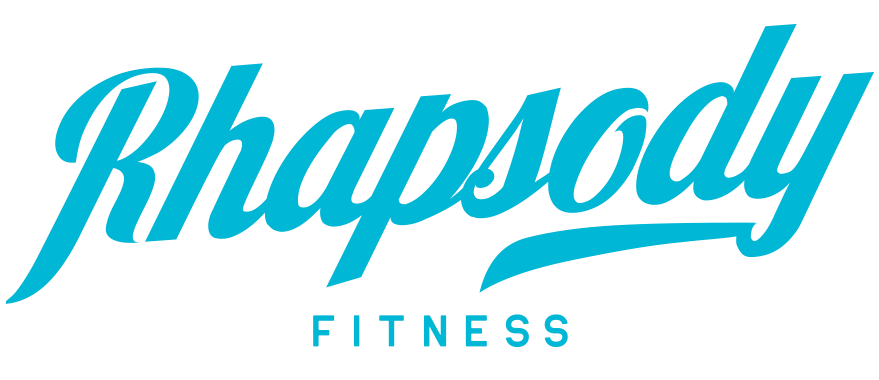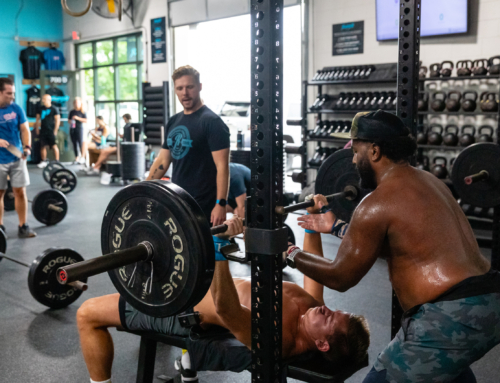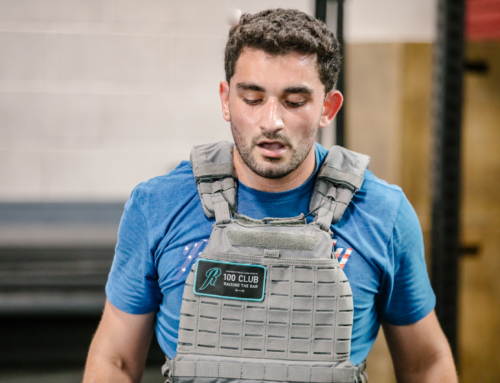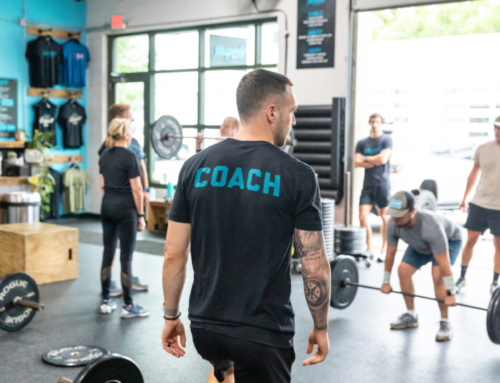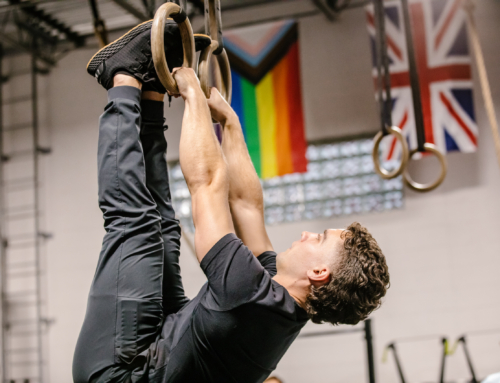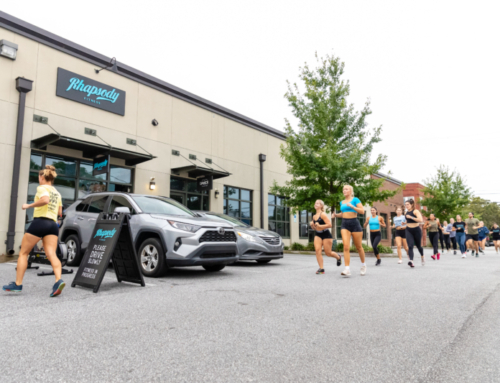Welcome back to Rhapsody News, your trusted source for health and fitness insights in Charleston, South Carolina. Today, we’re delving into a crucial aspect of CrossFit that often doesn’t get the spotlight it deserves: nutrition.
CrossFit, known for its high-intensity, varied workouts, demands a lot from the body. To meet these demands and optimize performance, proper nutrition is key. But what does proper nutrition look like for a CrossFit athlete in Charleston? Let’s explore.
Balanced Diet: The Foundation of Fitness
At the heart of any successful CrossFit regimen is a balanced diet. This means consuming a variety of foods that provide the nutrients your body needs to perform at its best. These include proteins for muscle repair and growth, carbohydrates for energy, and fats for long-lasting fuel.
In Charleston, we’re fortunate to have access to a bounty of fresh, local produce, lean proteins, and healthy fats. Incorporating these into your diet can help fuel your CrossFit workouts and aid recovery.
Timing is Everything: Pre and Post-Workout Nutrition
When you eat is just as important as what you eat. Consuming a balanced meal 2-3 hours before your CrossFit session can provide the energy you need to power through your workout. This meal should be rich in complex carbohydrates, like whole grains or sweet potatoes, and lean proteins, like chicken or tofu.
Post-workout nutrition is all about recovery. Consuming a meal or snack with both protein and carbohydrates within an hour after your workout can help replenish energy stores and kickstart muscle recovery.
Hydration: The Unsung Hero
In the Charleston heat, staying hydrated is crucial, especially during intense CrossFit workouts. Water plays a key role in regulating body temperature, transporting nutrients, and maintaining joint health. Make sure you’re drinking enough water before, during, and after your workouts to stay hydrated and maintain peak performance.
Individual Needs: One Size Doesn’t Fit All
Finally, it’s important to remember that everyone’s nutritional needs are different. Factors like age, sex, weight, and workout intensity can all affect the amount and types of food you need. Working with a registered dietitian or nutritionist can help you tailor your diet to your specific needs and goals.
So, Charleston Cross Fitters, remember you are not just what you eat, but when and how you eat it!
